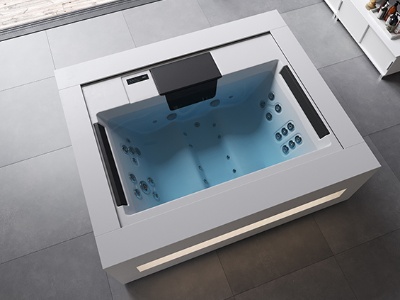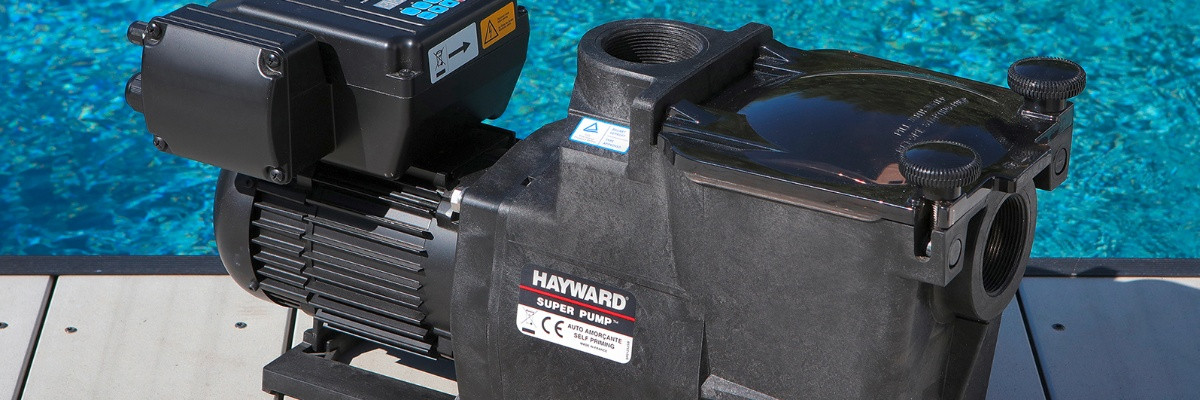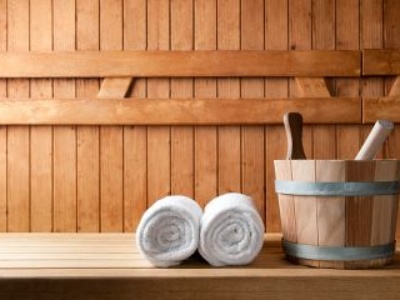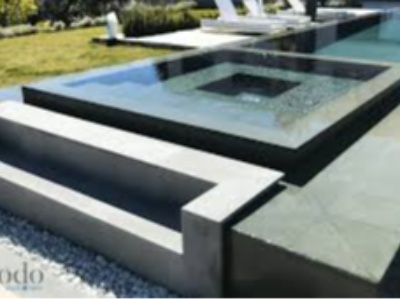
The pool pump is an essential part of the filtration system. It ensures the circulation of the water, thus enabling the proper distribution of treatment products and the efficient filtration of impurities. Without a functional pump, the pool water quickly becomes cloudy and conducive to the growth of algae and bacteria. Regular maintenance is therefore essential to extend the life of this equipment and avoid costly breakdowns.
Why maintain your pool pump?
The pump operates several hours a day and is exposed to many factors that can affect its efficiency: accumulation of debris, wear and tear of mechanical parts, pressure variations and temperature fluctuations. A lack of maintenance can lead to:- A drop in filtration performance.
- An increase in electricity consumption.
- Dirt in the filter and pipes.
- Overheating of the motor, which can lead to irreversible failure.
When should the pool pump be cleaned?
The pump must be cleaned regularly to ensure it works properly:Weekly cleaning
Once a week, it is recommended to check and clean the pump's pre-filter basket. This basket retains the largest debris (leaves, insects, twigs) before they reach the filtration system. To do this:- Turn off the power to the pump.
- Open the pre-filter lid and remove the basket.
- Empty and rinse the basket under clean water.
- Check the condition of the lid seal and apply lubricant if necessary to prolong its life.
- Replace the basket and close the lid tightly.
Monthly cleaning
Once a month, a more thorough check is necessary. You must:- Check that there are no leaks around the pump body.
- Check the water flow to make sure there are no blockages.
- Inspect the condition of the electrical connections and the motor.
When should the pool pump be repaired?
Despite regular maintenance, some parts may wear out and need to be replaced. There are several signs that a repair is necessary:Low water flow
If the filtered water flow is insufficient, it may be due to a dirty filter, a blocked pipe or a problem with the turbine. Removing the prefilter and inspecting the hydraulic circuit will help to identify the cause.Noisy pump
Excessive noise may indicate a worn bearing, cavitation due to a lack of water in the pump or a fastening problem. In some cases, simply retightening the bolts is enough, but if the noise persists, it may be necessary to replace the motor.Presence of leaks
Water leaks around the pump body are often caused by a faulty seal. Replacing the seal or applying a sealant can solve the problem. If the leak is caused by a crack in the pump body, the part will need to be replaced.When should a swimming pool pump be replaced?
A well-maintained pump can last between 8 and 12 years. However, there are several signs that a replacement is preferable:- The motor frequently overheats and switches off automatically.
- The noise is abnormally loud despite regular maintenance.
- Frequent repairs are necessary, increasing maintenance costs.
- Power consumption increases excessively.
How do I choose the right new pump?
If replacement is necessary, several criteria must be taken into account:- Flow rate: It must be adapted to the volume of water in the pool and the capacity of the filter.




